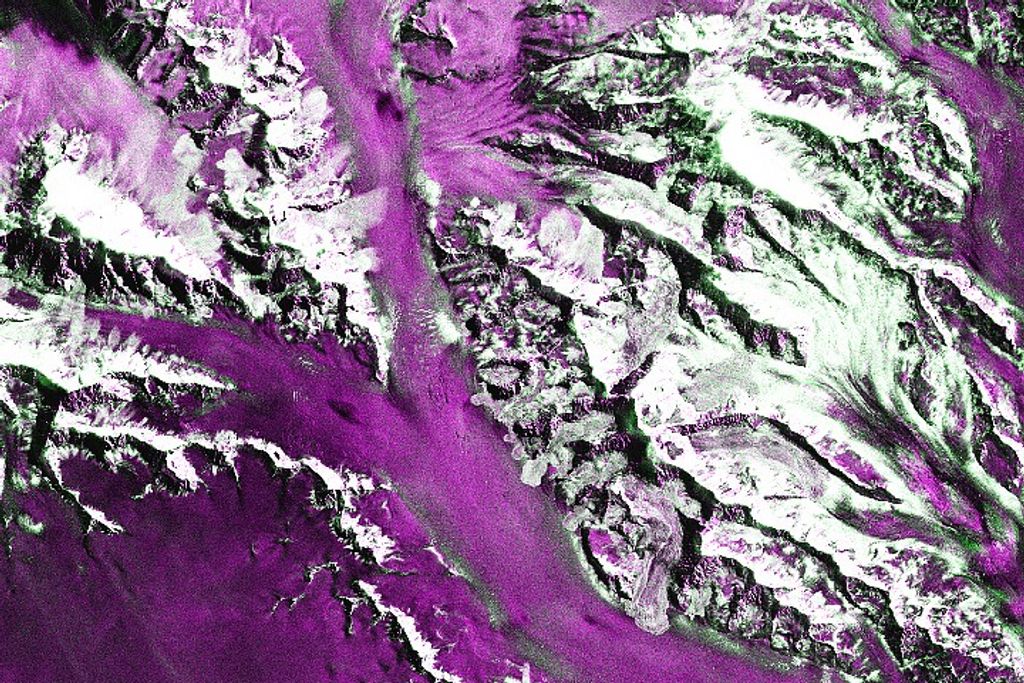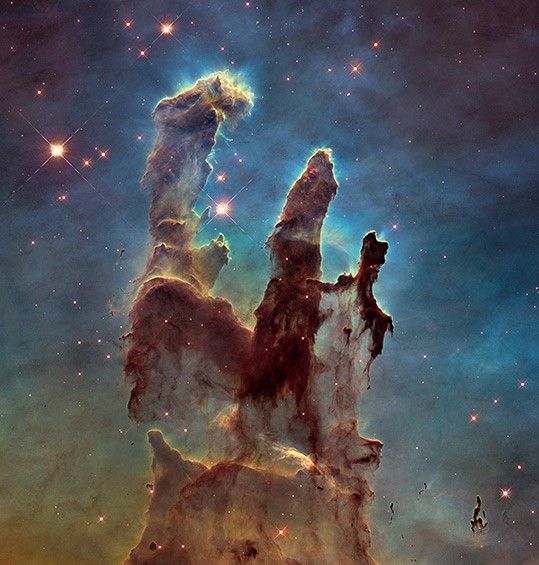1 min read
Forecast for Exotic Weather

This artist's conception illustrates the brown dwarf named 2MASSJ22282889-431026. NASA's Hubble and Spitzer space telescopes observed the object to learn more about its turbulent atmosphere. Brown dwarfs are more massive and hotter than planets but lack the mass required to become sizzling stars. Their atmospheres can be similar to the giant planet Jupiter's.
Hubble and Spitzer simultaneously observed the object as it rotated every 90 minutes. The results suggest wind-driven, planet-size clouds.
- Release DateJanuary 8, 2013
- Science ReleaseNASA Space Telescopes See Weather Patterns in Brown Dwarf
- Credit
Share
Details
Last Updated
Aug 17, 2025
Contact
Media
Claire Andreoli
NASA’s Goddard Space Flight Center
Greenbelt, Maryland
claire.andreoli@nasa.gov






























